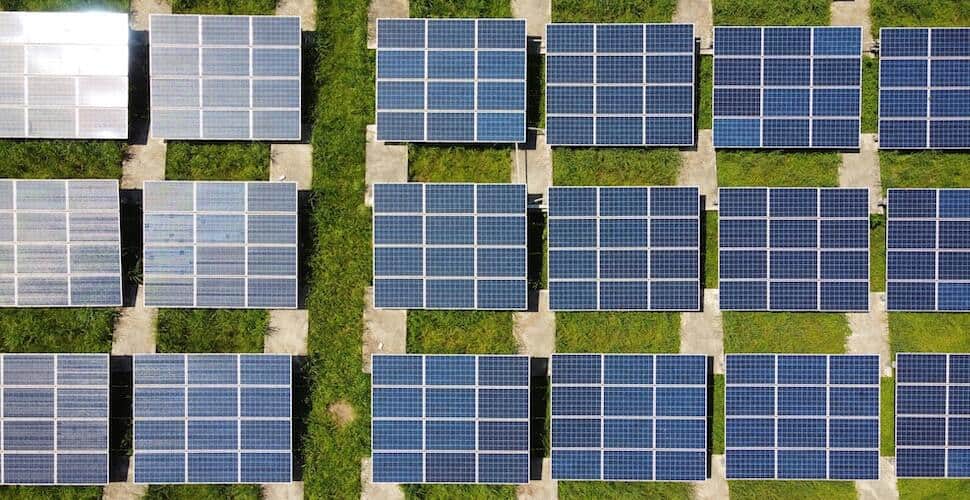A Chinese manufacturer of solar materials has become the latest target in a series of U.S. import bans clamping down on forced labor in the Uyghur Region.
Around half of the world’s supply of polysilicon—a key material for the production of solar panels and semiconductors—is produced in the Uyghur Region, where an ongoing campaign of systematic forced labor has trapped vast numbers of Uyghurs and other Turkic and Muslim people since 2017.
The new U.S. ban concerns Hoshine Silicon Industry (Shanshan) Co., Ltd., a dominant supplier which produces over 800,000 metric tons of polysilicon annually.
In addition to the Hoshine ban, polysilicon produced with forced labor in China was added to the U.S. Department of Labor’s “List of Goods Produced by Child Labor or Forced Labor.”
The move comes several weeks after U.S. climate envoy John Kerry announced that officials “believe in some cases” that forced labor is involved in the production of Chinese solar products, and was considering taking action.
Bloomberg News reports:
“Personnel at all U.S. ports of entry have been instructed to immediately begin detaining shipments that contain silica-based products made by Hoshine,” the White House said in a statement. “The United States will not tolerate forced labor in our supply chains.”
Solar companies in the U.S. depend heavily on imports from China, and many preemptively started to shift their supply chains in advance of the ban; however, with many processing plants located in other parts of China, this is not an easy move.
Industry leaders said that the move would have serious negative implications for the U.S. solar industry, but admitted that transparency in the Uyghur Region was impossible.
The Solar Energy Industries Association, a Washington-based trade group, which recently unveiled a traceability tool aimed at helping solar importers and manufacturers track the supply of materials, had said it supported the planned action. “The fact is we do not have transparency into supply chains in the Xinjiang region, and there is too much risk in operating there,” the association’s general counsel, John Smirnow, said in an emailed statement.
While the U.S. ban falls short of the measures that many campaigners are calling for, an anonymous source said that investigations remain ongoing and could lead to further action.
Five other Chinese entities in the Uyghur Region were also added to the Commerce Department’s export blacklist this week, including the previously sanctioned Xinjiang Production & Construction Corps.
The moves come amid rapidly increasing political pressure on the Chinese government; just last week, the G7 summit ended with a joint call for China to respect human rights in the Uyghur Region.
With nearly 80,000 signatures supporting our campaign, Freedom United has been a major civil society voice against Uyghur forced labor for over a year.
Help us keep up the momentum and add your name today.







Freedom United is interested in hearing from our community and welcomes relevant, informed comments, advice, and insights that advance the conversation around our campaigns and advocacy. We value inclusivity and respect within our community. To be approved, your comments should be civil.